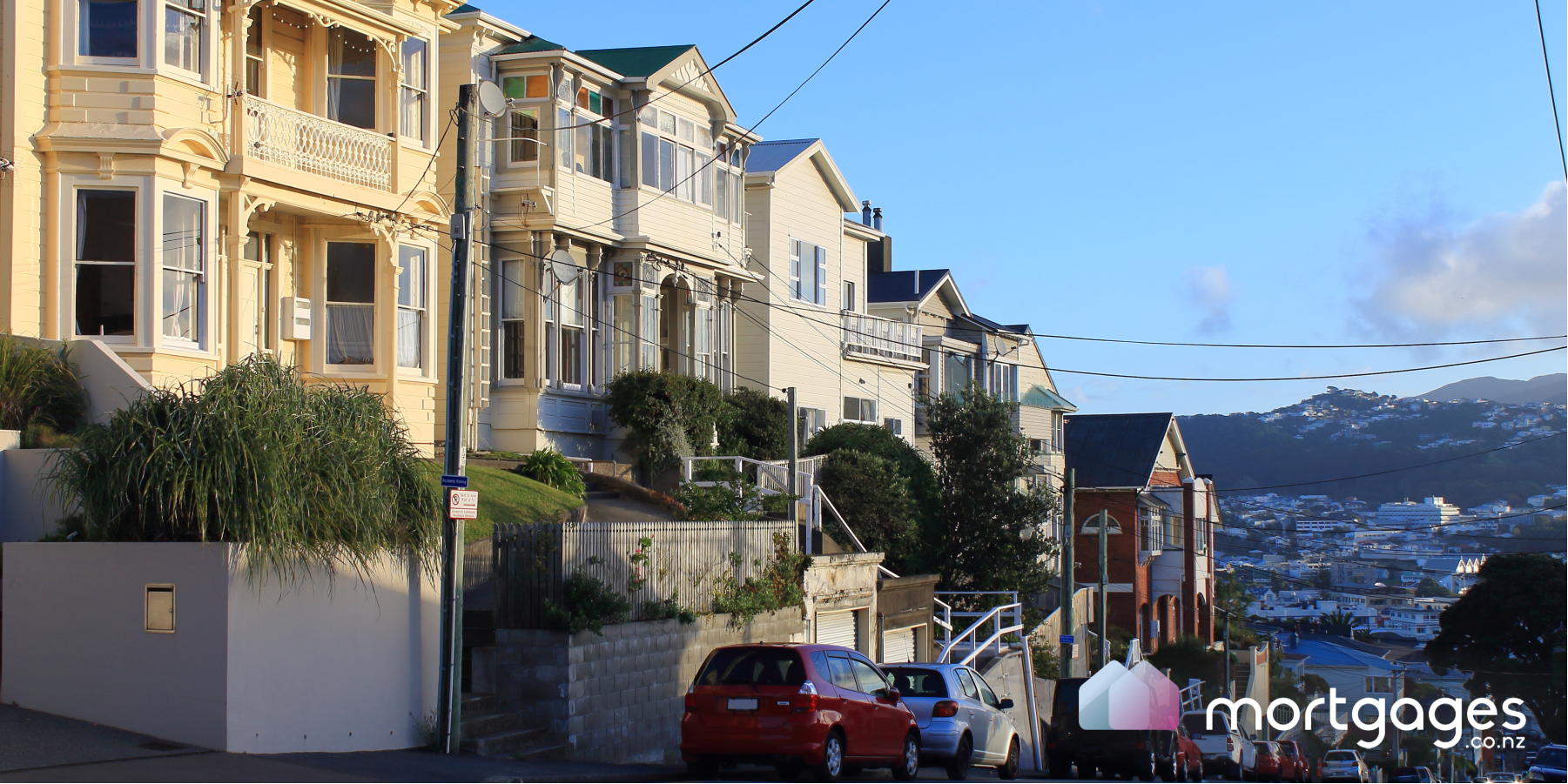It’s not too late to buy a property if you’re a first-time home-buyer. In January one fifth of all real estate sales were to people buying their first home.
While figures from real estate data firm CoreLogic shows the percentage of first-time buyers has dropped since 2018 (41%), it doesn’t mean that now is a bad time to buy. Now is almost always the best time as the trend in real estate has been one of rising values for decades.
Look at any graph charting the national median price of a home since the 1960s and, apart from a few notable troughs linked to recessions and financial shocks (2008’s GFC for example), the trend is up.
According to CoreLogic’s Pain & Gain report, more than 96% of all homes sold in the last quarter of 2020 changed hands for more than they were bought for seven years ago. And while that’s not really surprising, it confirms the trend is your friend.
The fact is that home buyers of five, 10, 20 and 30 years ago were watching real estate values creep up and wondering if it was the right time to buy. To be fair though, the rate of house price inflation in the last century was nothing compared to what we’ve seen during the past 10 years.
And when prices dipped due to economic shocks, interest rates rose, and banks made getting a mortgage harder. When property prices go down, banks get nervous. So buying when property values go down can be even harder than today when interest rates are at historically-low levels.
If you’d bought a home 20 years ago you’d have had a mortgage with an 8% interest rate. Today rates are hovering between 2% and 3%. And some of the fixed-term home loan rates are at previously unheard of low levels.
The upside of low interest rates is that you can borrow more; but you have to take into account that interest rates may rise (although there’s no obvious sign of a rate rise on the horizon). And hopefully when that day comes you’ll be earning a little more too.
While competition from off-shore buyers has been reduced since Covid-19 arrived, local investors have had the upper hand. However, Government, the Reserve Bank, and the banks themselves, are starting to counter this with tougher lending conditions and higher Loan to Value Ratios (LVRs)
– asking investors for a 40% deposit from 1 May. This in itself won’t lower purchase prices though, the upside is that more first-time buyers might get a foot in the door ahead of an investor or wannabe landlord.
Most estate agents will tell a first-time home buyer to consider buying the worst home in the best street. It’s sound advice because there’s an opportunity to add value to the property by tidying up the garden and refurbishing the property. And if you’re really ambitious, buying low and selling high a few times can really help you leap up the property ladder.
If you live in one of the main centres where property prices are typically at the upper end, then consider all your options – prices can be lower in the regions and you may find mortgage repayments are lower than your weekly rent.
If you can work from home to avoid a long commute or having to change jobs, then so much the better. Census data shows that young people are leaving the big cities and one reason is high property prices.
Finally, leasehold properties are typically priced lower than a comparable freehold property, that’s because you pay rent to the land owner, but own the building. If this is of interest then have the lease agreement and body corporate agreement (if applicable) checked by a competent lawyer
before signing.
It’s also worth remembering that your first home will not be your last home. It’s a stepping stone to
your forever home.



